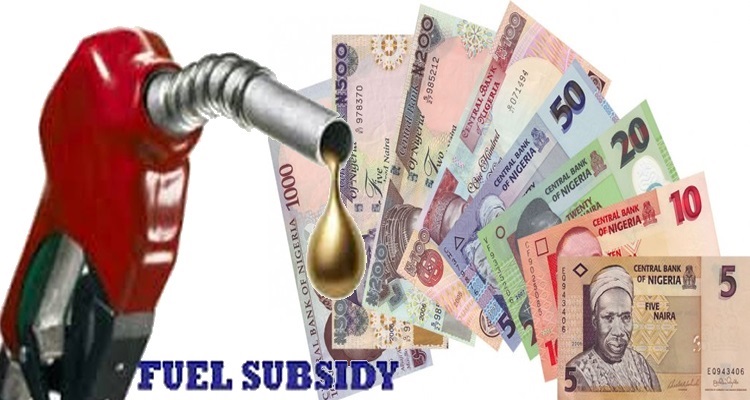Winter is the coldest season of the year. During this period, people envelop themselves with cold-proof wear such as earmuffs, mittens, coats, jackets, hats etc. To get people to take off such wears at such a time, is irrational.
A subsidy, in the language of a layman, is the direct or indirect money given to an institution or an individual to sell a product or render a service at an affordable price. It is an economic reality that a government may need to subsidize essential services in order to make them affordable for its citizens. This, in actuality, is a pragmatic demonstration of a government’s commitment to the welfare of its citizenry.
- Tinubu: Deft move of kingmaker eyeing the throne
- Inside Edo communi mining in Nigeriaty where people live with dung, blood from abattoirs
Multiple reports have indicated that the price of fuel in Nigeria, without subsidy, may be two or three times higher than the current price. Proponents of this view have quoted the prices of fuel in other oil-producing nations. By comparison, they argue that with the withdrawal of subsidies, the price of fuel in Nigeria remains relatively cheaper.
My personal pain and sadness is the selectivism in their argument. A writer, sometimes ago, satirized our country: “Only a dead man can not steal in Nigeria.” As demeaning and infuriating that might have sounded, money, frankly, is the principal reason for wrongdoing in Nigeria. In my view, if people would have no financial benefit in carrying out their heinous acts, unscrupulous activities will diminish to an appreciable extent. If subsidy – the money paid by the government to fuel importers – is withdrawn and purportedly used in improving our infrastructure it would go a long way in helping the masses.
But the perturbing question is simple: Why now? Or why not now?
According to the Federal Government, 11 million Nigerians would fall to the poverty line by 2022, which is in a few weeks’ time. I wonder why the government has given this notice officially. For a long time now, the majority of Nigerians have been living in abject poverty. Instead of achievements, people are just struggling to survive. Many homes are cutting down expenses on essential buys to have at least five per cent savings.
Demand for charcoal has suddenly gone up as a result of the astronomical increase in the price of cooking gas. While we are still grappling with the tragic reality of gas price hikes, the government is proposing subsidy removal. How many companies have fully recovered from the COVID-19 blow? Worse still, Omicron is already announcing its presence. The next “demon” is unknown.
With hindsight, any hike in fuel price will significantly affect the prices of millions of items. For example, the cost of transporting farm produce and people will increase immediately. Consequently, the prices of essentials will also triple. Savings will decline and purchasing power will become weak.
Looking at it from the psychological vantage point, more people will be patronising quacks to access essential services due to hardship. Substandard products might the markets. Also, self-medication will automatically become the rescue line than seeking a physician’s help, while the rate of depression and death may disturbingly rise.
Most Nigerians would experience these challenges as a result of the poor timing and the envisaged loyalty breach on the part of the government. You may take the clothes, but not in the cold.
Samuel Ogunnaike, Lagos.

 Join Daily Trust WhatsApp Community For Quick Access To News and Happenings Around You.
Join Daily Trust WhatsApp Community For Quick Access To News and Happenings Around You.


